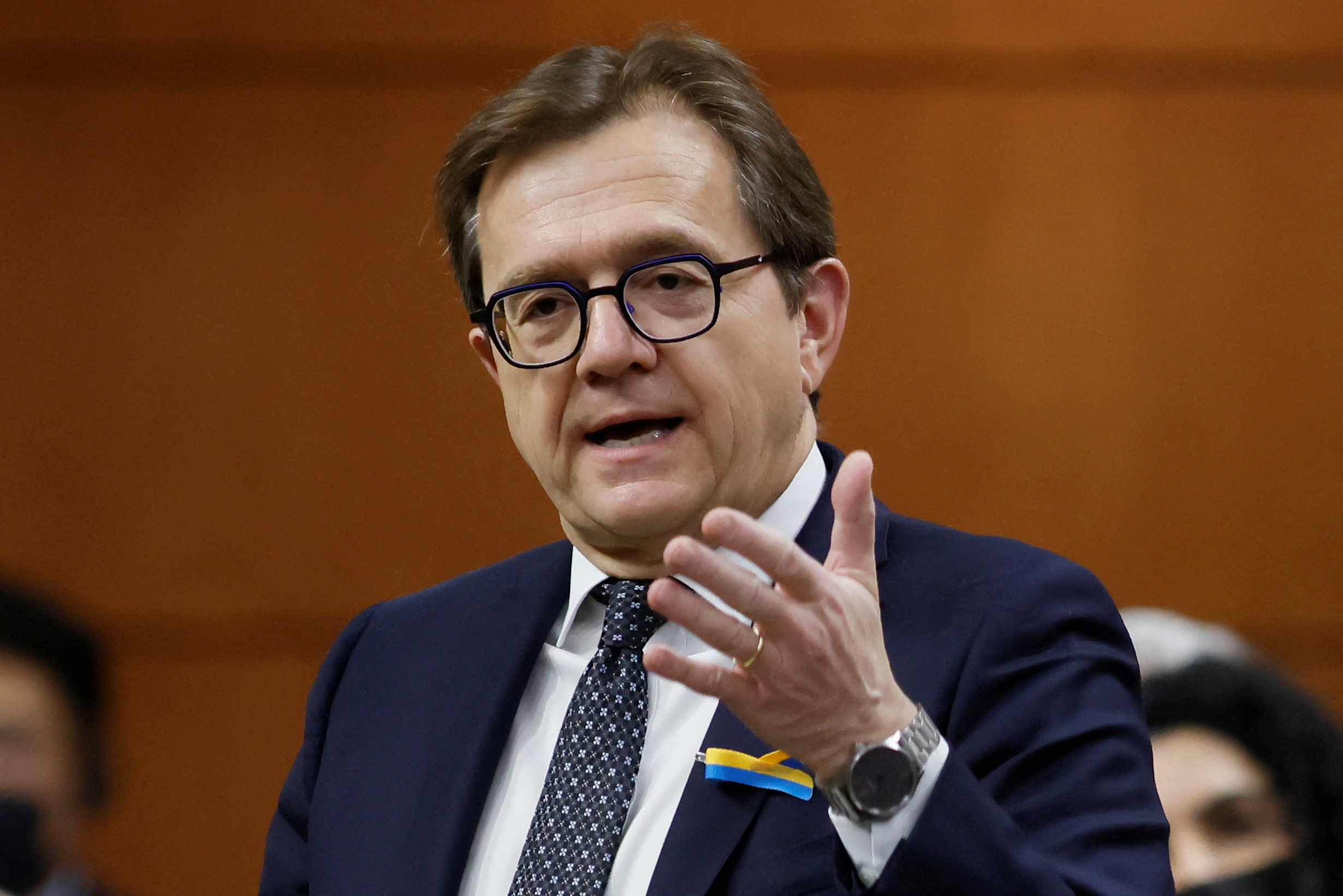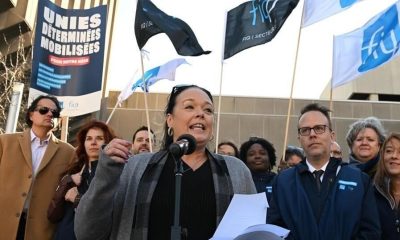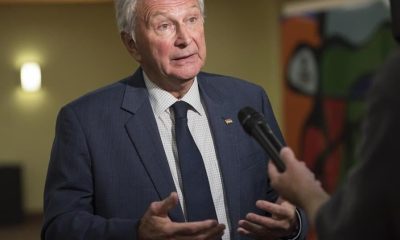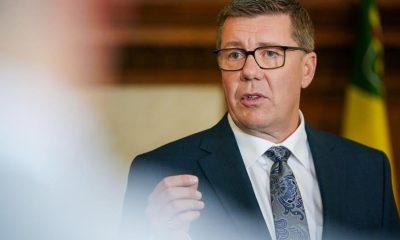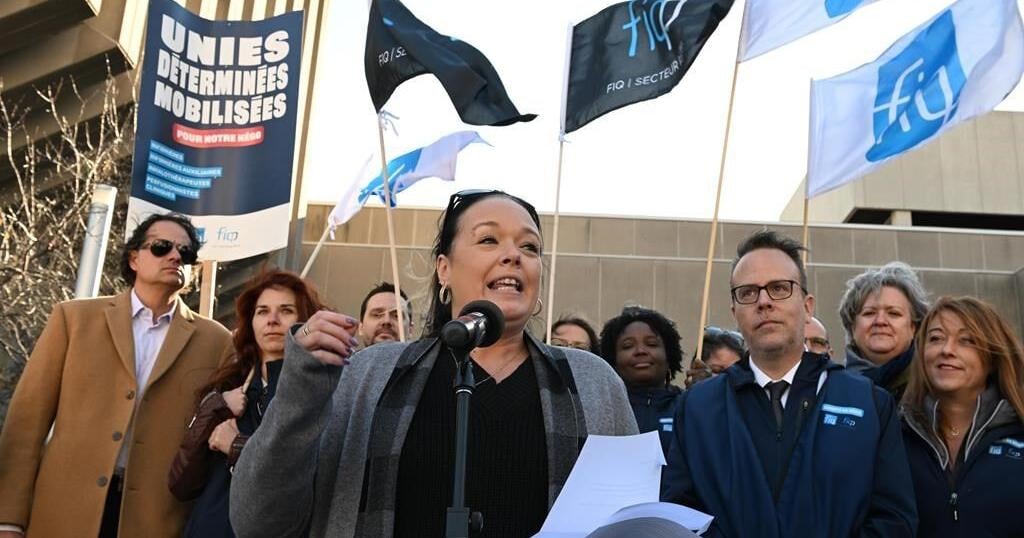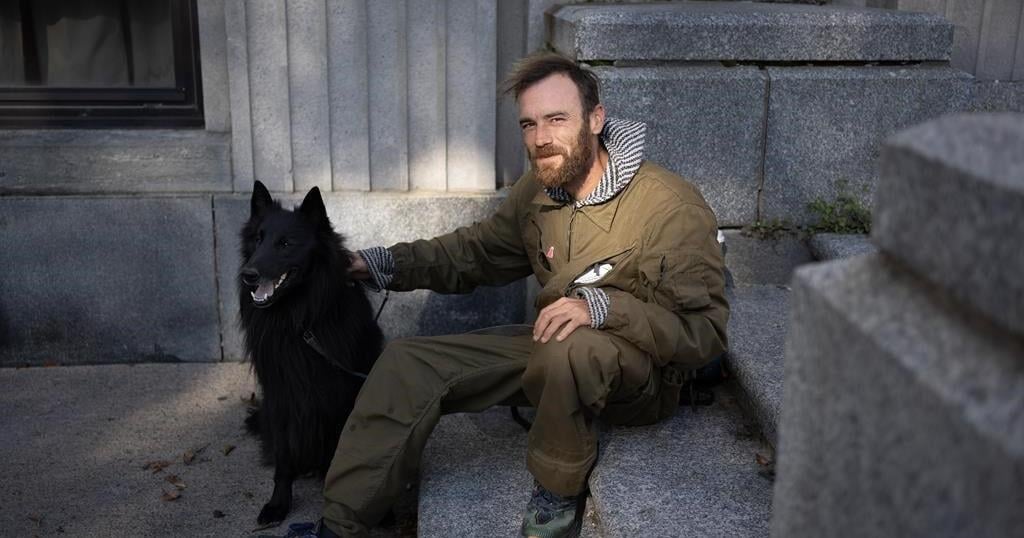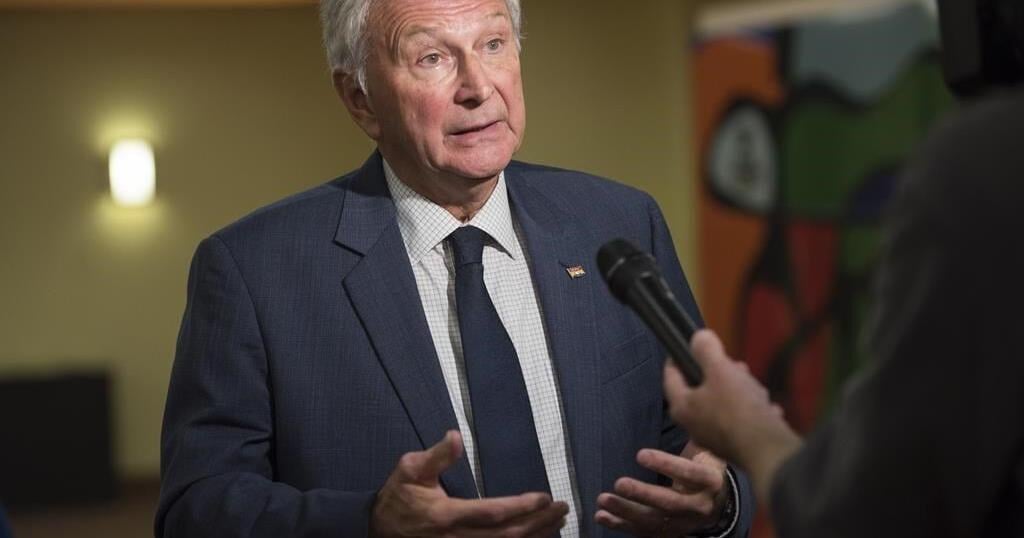FREDERICTON – The past two years have not been easy for New Brunswick Progressive Conservative Leader Blaine Higgs, but he has proven resilient.
Faced with a mutiny from within his own party over his leadership style, he fought back and survived an attempt to oust him as leader. When cabinet ministers publicly dissented from caucus, he replaced them.
The Tory leader has had public spats since 2022 with at least 12 caucus members, who have chosen not to run in this election. But he’s resurfaced from that turbulence with a full slate of 49 candidates to present to the public — and polls have said the election is close.
He has taken his party decidedly more to the right, especially on social issues. Among his thin list of campaign promises — there are only 11 — is a pledge to reject all new applications for supervised drug-injection sites; to force severely addicted people into treatment; and to “respect parents.” It’s that last election theme that has caused him the most controversy.
His decision in 2023 to require teachers to get parental consent before they can use the preferred first names and pronouns of transgender children under 16 caused an outcry across the country, but it remains popular in New Brunswick. Boasting six balanced budgets and a promise to cut taxes, Higgs is also running on the traditionally conservative theme of “family.”
And the Tory leader doesn’t seem to care what naysayers think.
J.P. Lewis, a political science professor at the University of New Brunswick in Saint John, said Higgs has been “a bit of a lone wolf.”
The 70-year-old was hired by Irving Oil a week after he graduated from the University of New Brunswick with a degree in mechanical engineering in 1977. He retired from Irving in 2010 as director of logistics and distribution, and was elected that year, during which he started serving as finance minister with the Progressive Conservative government of David Alward.
Higgs was elected Tory leader in 2016 and has been premier since 2018.
The Progressive Conservative camp did not return a request for an interview with Higgs or any of his candidates.
Lewis described Higgs as a politician who “isn’t very scripted,” someone who “thinks out loud and those thoughts can get him into some political trouble.” And for the last couple of years, the premier has had his share of trouble.
Aside from the internal caucus disputes, he’s been in a running conflict with Indigenous leaders. They have accused him and his party of being insensitive to their concerns, including regarding the government’s refusal to hold a public inquiry into the systemic racism faced by First Nations. As well, the six chiefs of the Wolastoqey Nation are suing the province over title and treaty rights.
One of the party’s promises is to “defend landownership,” explaining in the platform that “the provincial government is being sued to assert Aboriginal title over the entire province …. we will defend landowners in court.”
Then there is the province’s francophone population, who mistrust the Progressive Conservatives. Francophones came out strongly against the Higgs government’s ill-fated attempt to reform bilingual instruction in anglophone schools. And Higgs’s decision to give to the public safety portfolio to Kris Austin — a formerly staunch critic of official bilingualism — didn’t help relations.
In the 2020 election, the Tories lost their sole seat in the northern French-speaking region, delineating a stark divide on the electoral map with a majority blue, Progressive Conservative south, and a largely red Liberal north.
When asked about his government’s relations with the francophone minority, Higgs deflected: “I would say 42 per cent of our infrastructure (spending) has been placed in francophone ridings,” he told a recent news conference.
And like the tumultuous past couple of years, the Tories’ road to Monday’s election has not been without controversy. On Sept. 19, the day he launched his campaign, he made an off-colour joke about the death of a Liberal voter. Later, Sherry Wilson, the outgoing minister responsible for women’s equality, and candidate for Albert-Riverview, suggested that the trauma suffered by Indigenous Peoples in the residential school system was similar to the frustration parents feel by not being told when their child is questioning their gender identity.
If the Progressive Conservatives are re-elected, Lewis said, it can be seen as an endorsement of Higgs’s policies and the direction he is taking his party in.
In the 2018 election, he said Higgs “squeaked” by, when 22 Tories were supported by three People’s Alliance members to get a majority in the 49-seat legislature. In 2020, Higgs called a snap election, and voters judged the premier and his party mostly for how it handled the COVID-19 pandemic, Lewis added.
“I think this (election) is more of a good test of what people think about his leadership, even though it’s six years into his time as premier.”
Standing by him on the campaign trail has been his wife Marcia, his high-school sweetheart before they got married and settled in Saint John. The couple have four daughters: Lindsey, Laura, Sarah and Rachel.
During a news conference on Sept. 19, Higgs said he wished people knew him outside of politics. He recounted an incident during which “complete strangers” commented on how funny he is.
“They say, ‘you actually have a sense of humour …. When did you get that?’ I say, ‘I’ve had that all my life.'”
He also said that his foray into politics has been longer than he and his wife expected, but he doesn’t seem to want to turn back now.
“If people say, you know, ‘you’re done,’ I’m done,” he said. “But it’s because of that determination, that desire for a bigger, better, brighter future for our next generation, that’s what keeps us going.”
This report by The Canadian Press was first published Oct. 18, 2024.

